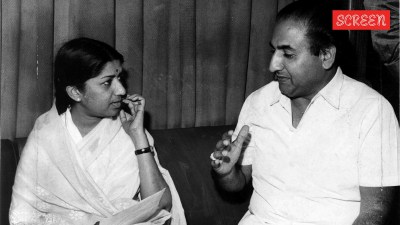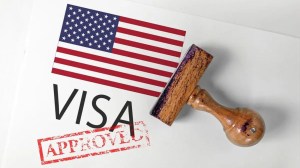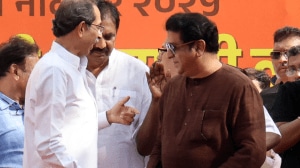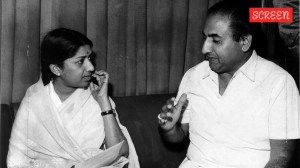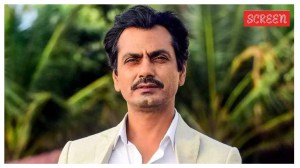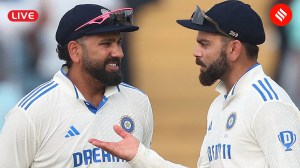NRI scientist to give world a life-saving vaccine
A Non-Resident Indian NRI scientist based in Germany is well on his way to developing what will be the world's first preventive vaccine...

A Non-Resident Indian NRI scientist based in Germany is well on his way to developing what will be the world8217;s first preventive vaccine for Rheumatic Heart Disease RHD, which affects at least four children out of 1,000 in the 6-16 age group in the country, leading to lifelong cardiac complications.
G. S. Chhatwal of GBF-Braunschweigh caused quite a stir in the biomedical community when he disclosed this at an Indo-German workshop just concluded at the All-India Institute of Medical Sciences AIIMS, New Delhi. He told his Indian colleagues that the preventive vaccine, which, if successful, can be introduced into every child8217;s immunisation schedule, will be ready for clinical trials by the year 2001. Animal experiments have shown Chhatwal8217;s vaccine has no adverse reactions on body tissue, which is not the case with a competing candidate vaccine being developed in the US.
8220;RHD is a poor person8217;s disease requiring surgery that most patients cannot afford,8221; said K. K. Talwar, Professor of Cardiology, AIIMS, and convener of the workshop sponsored by the Indian Council for Medical Research. Talwar, incidentally, is leading a ground-breaking study at AIIMS to identify the gene that may explain why every child who gets a sore throat doesn8217;t lapse into RHD.
The debilitating disease, which hits mostly children from families living in overcrowded urban slums, is caused by the streptococcus-A bacteria and begins with an innocent-sounding sore throat. If the cause isn8217;t detected in time, it can lead to an irreversible heart condition that can damage the valves, which have then to be replaced with mechanical alternatives. An imported mechanical valve costs Rs 40,000; the indigenous valve developed at the Sri Chitra Tirunal Institute at Thiruvananthapuram comes for Rs 15,000.
8220;Even if valve replacement is not required, a patient is first pumped with steroids and aspirin for the first three weeks, and then placed on lifelong penicillin infusions in three-week intervals,8221; says Talwar, emphasising how the preventive vaccine will change all this. Streptococcus-A is one bacteria that hasn8217;t developed resistance to penicillin.
The workshop also held out hope for patients of enlarged heart, a condition that leads to the progressive degeneration of the heart, with 30-40 per cent of the patients dying within six months of being detected with it. The only cure8217; for this condition, which afflicts mainly young people, is a heart transplant, not yet a viable option in India. An enlarged heart can8217;t pump blood normally, so the patient suffers from severe shortness of breath and cannot lead a regular life. But there8217;s hope for at least 30 per cent of the patients, according to Talwar, who8217;s an internationally acclaimed researcher in this emerging area of molecular biology.
People whose heart enlarges because of the inflammation of the muscle that powers this central pump, can now avail of the year-long immunosuppressive therapy, which has come to AIIMS at an affordable price. 8220;The therapy may even cure them, which means they won8217;t need a heart transplant,8221; says Talwar, stressing the importance of research into the bacterial and viral causes of heart disease.
Not so inexpensive, though, is the treatment for heart enlargements caused by the coxsackie-B virus. Coxsackie, incidentally, is the name of a village in New York State where the virus was first detected. The interferon-based antiviral therapy is still beyond the means of most patients, but the German experts Bernhard Maisch and H. P. Schultheiss assured the workshop that it wouldn8217;t be so for too long.
- 01
- 02
- 03
- 04
- 05


